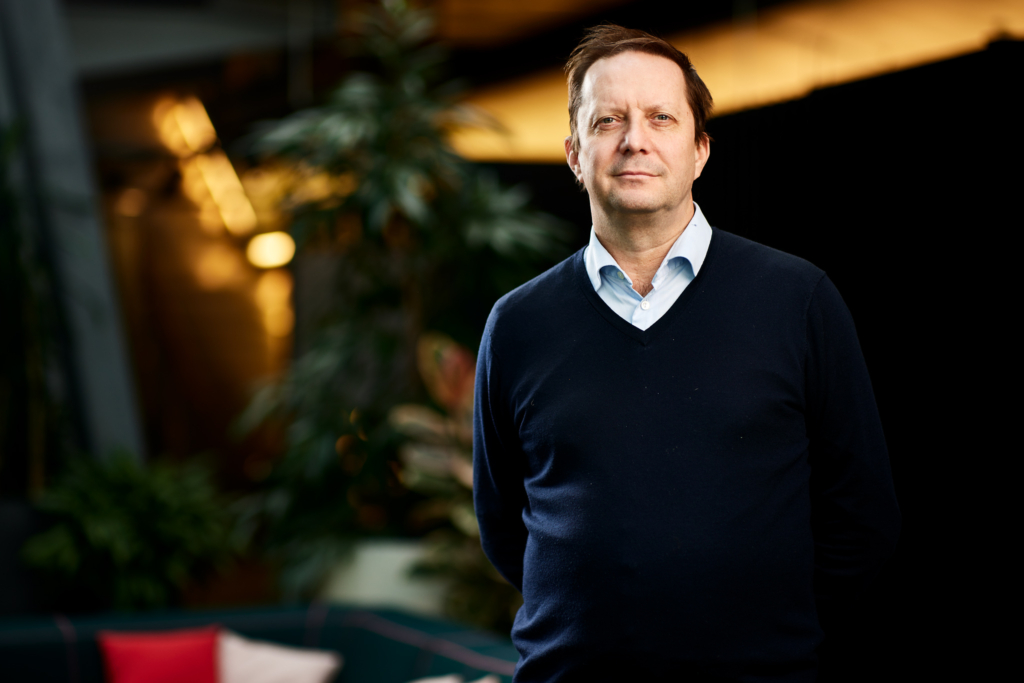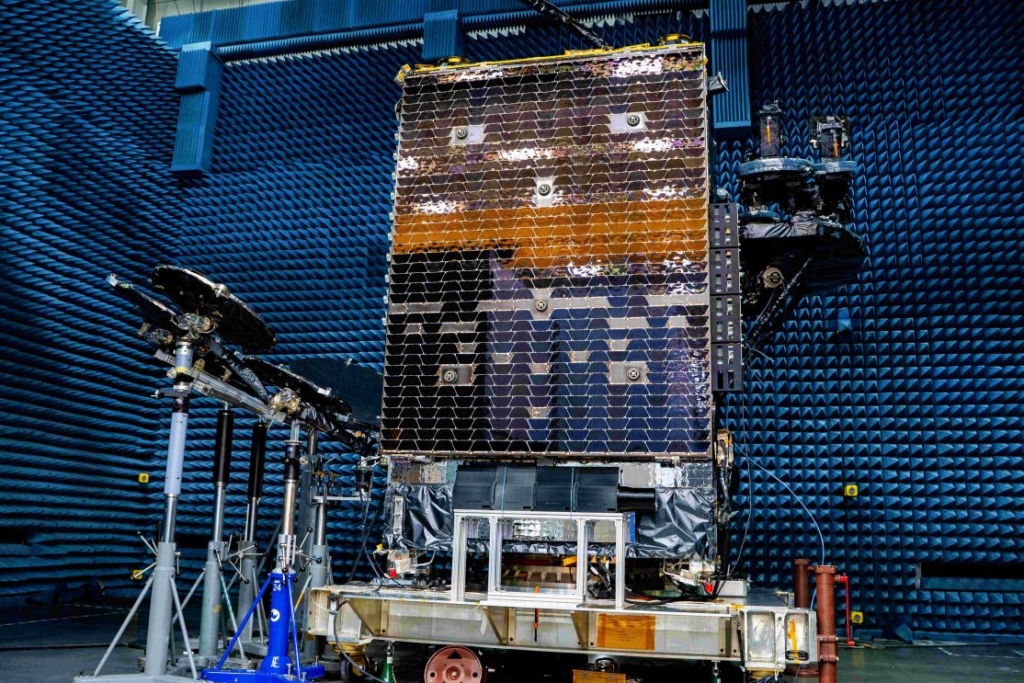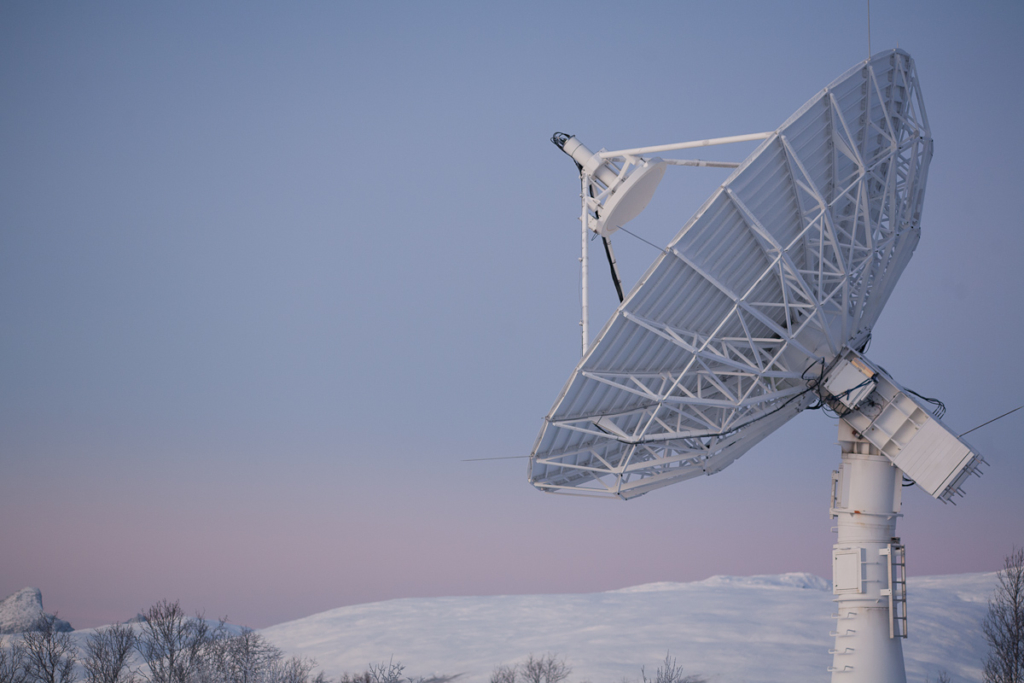Space Norway was participating in the ITU World Radio Conference in Dubai. WRC-23 ran over four weeks in November and December and is the culmination of several years of preparatory work within the International Telecommunication Union (ITU).

Opening Plenary
WRC-23 addressed necessary revisions of the Radio Regulations (RR), an international treaty between the 193 United Nations member states making up the ITU, on the use of the radio spectrum and coordination rules to provide access to it.
The conference, which convenes approximately every four years, was this time gathering more than 3.000 delegates in Dubai aiming to discuss and seek consensus on more than 40 different topics.
Impact the future of global communication systems
The decisions made at the ITU WRC are crucial as they impact the future of global communication systems, technology innovation, and the spectrum availability for various services. Satellite operators, telecommunications companies, regulatory bodies, and governments worldwide participated to ensure their interests were represented and contributed to shaping the future of radiocommunications.
There were three important overall reasons for participating in the ITU World Radio Conference:
- Spectrum Allocation: The ITU World Radio Conference plays a critical role in determining international spectrum allocations for various services, including satellite communications. Participating in the conference allows Space Norway to advocate for and secure spectrum allocations that are crucial for their satellite operations. This participation ensures access to specific frequency bands necessary for their satellite services, enabling efficient and interference-free communication.
- Policy Influence and Networking: Attending the conference provides Space Norway with the opportunity to engage with global stakeholders, including regulators, industry experts, and other satellite operators. Participating in discussions, presenting technical findings, and contributing to policy debates can help shape international regulations and policies concerning satellite communications. Building relationships and networks within the industry can also lead to potential collaborations and partnerships.
- Keeping Abreast of Technological Developments: The ITU World Radio Conference serves as a platform to stay updated on the latest technological advancements, trends, and innovations in the field of satellite communications. Space Norway can gain insights into emerging technologies, best practices, and future opportunities. This knowledge can be instrumental in guiding their strategic planning, investment decisions, and the development of new satellite systems that align with evolving global standards and technologies.

The Norwegian WRC-23 delegation with Space Norway represented by Christer Varan and Lars Løge.
Discussions relating to the operation of non-geostationary satellites
By actively participating in the ITU World Radio Conference, Space Norway can ensure that its interests are represented, its operations are supported by favorable regulations, and that it remains at the forefront of technological advancements in the satellite industry.
Most important to Space Norway were the discussions relating to the operation of non-geostationary satellites and related services as pertaining to ITU Resolution 35, which directly relate to conditions and requirements to which the Arctic Satellite Broadband Mission must adhere.
But Space Norway also had interests in topics relating to such topics as VHF Data Exchange System (VDES), Narrowband IoT (NB-IoT) and Earth Exploration-Satellite Services (EESS) such as satellites utilizing Synthetic Aperture Radars (SAR).


